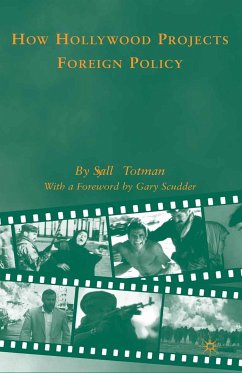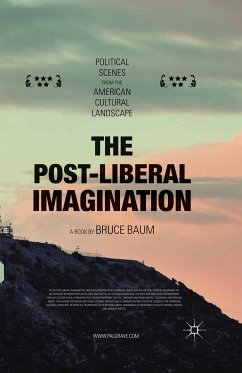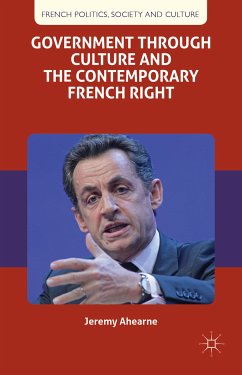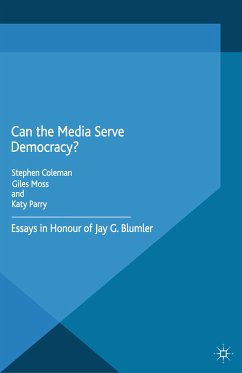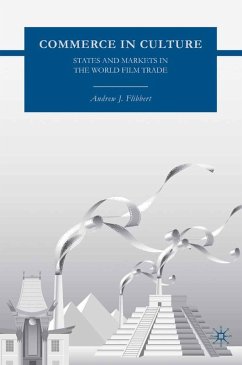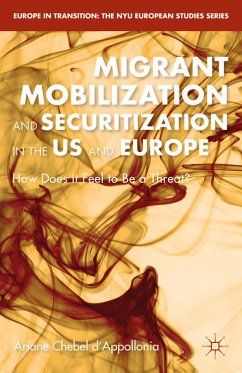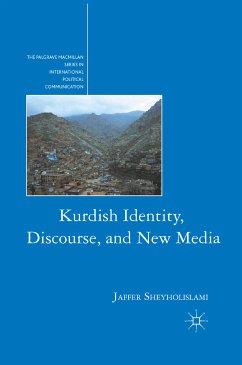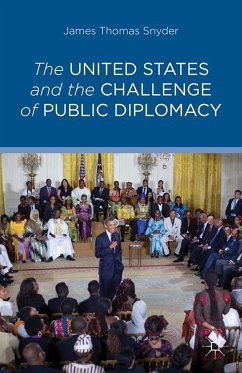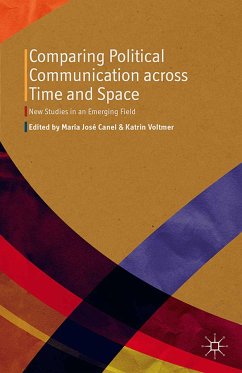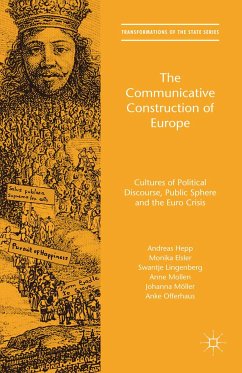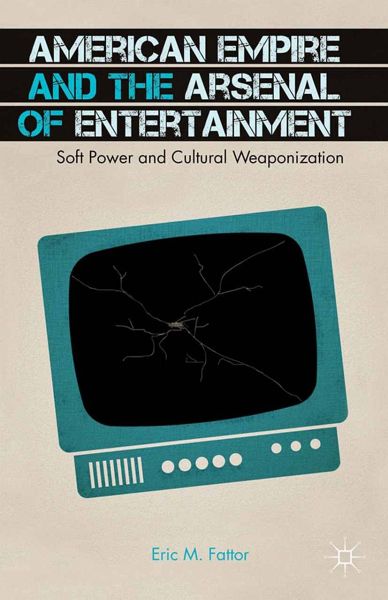
American Empire and the Arsenal of Entertainment (eBook, PDF)
Soft Power and Cultural Weaponization
Versandkostenfrei!
Sofort per Download lieferbar
40,95 €
inkl. MwSt.
Weitere Ausgaben:

PAYBACK Punkte
20 °P sammeln!
Movies, television, and American culture permeates even the most remote reaches of the globe in unprecedented levels. What affect does the spread of the American zeitgeist have on global perceptions of the US? This book analyzes the complex role entertainment plays in foreign policy - weighing its benefits and setbacks to national interests abroad.
Dieser Download kann aus rechtlichen Gründen nur mit Rechnungsadresse in A, B, BG, CY, CZ, D, DK, EW, E, FIN, F, GR, HR, H, IRL, I, LT, L, LR, M, NL, PL, P, R, S, SLO, SK ausgeliefert werden.



